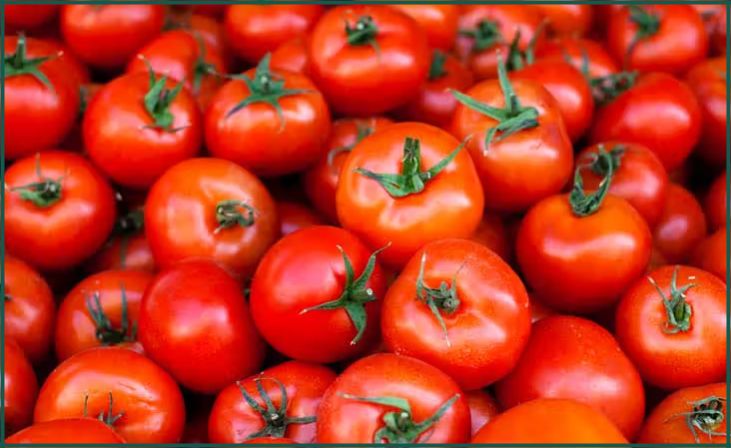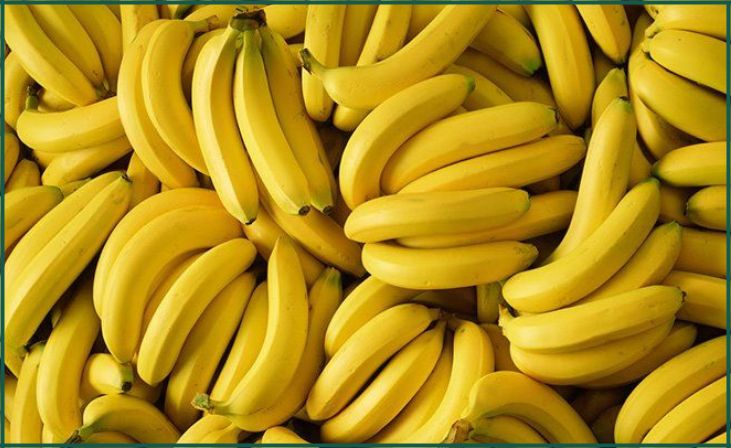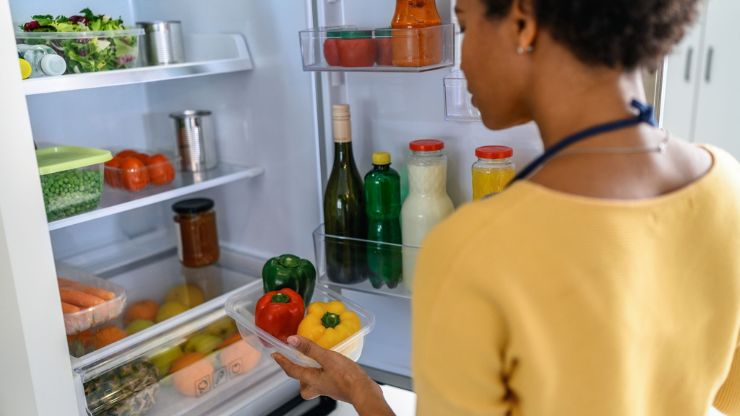Foods You Shouldn’t Refrigerate – In the modern kitchen, the refrigerator stands as a sentinel, preserving our perishables and extending their lifespan. Yet, amid its chilling embrace, there exist culinary comrades that thrive beyond its icy confines. Contrary to common belief, not all foods benefit from refrigeration. This misconception, though well-intentioned, can inadvertently sabotage the freshness and flavor of certain staples.
Understanding which foods fare better in a different environment is essential to elevating culinary experiences and reducing unnecessary waste. Thus, it’s imperative to debunk the notion that refrigeration is a one-size-fits-all solution for food preservation.
Through informed decisions about storage, we can ensure that our ingredients reach their full potential, tantalizing taste buds and nourishing bodies with each meal. Join us on a journey beyond the chill of the fridge, where potatoes, onions, tomatoes, and more await their rightful place in the pantry or on the countertop, basking in their natural elements.
Table of Contents
ToggleFoods You Shouldnt Refrigerate
Tomatoes:

Tomatoes are best stored at room temperature until they’re fully ripe. Refrigeration can cause a loss of flavor and a mealy texture due to the breakdown of cell walls. To keep tomatoes fresh longer, store them stem-side down on a countertop, away from direct sunlight. If you have ripe tomatoes that you won’t be using right away, you can prolong their shelf life by storing them in a cool, dark place. Once cut, however, it’s best to refrigerate them to prevent spoilage.
Also, Read – Old-Soul Dishes That All Generations Should Appreciate
Potatoes:

Potatoes prefer cool, dark, and well-ventilated environments. Storing them in the refrigerator can cause the starches to convert into sugars more quickly, leading to a gritty texture and overly sweet taste when cooked. Instead, keep potatoes in a paper bag or a perforated plastic bag in a cool, dark pantry or cupboard. Make sure to remove any potatoes that have sprouted or turned green, as these can contain toxins.
Onions:

Onions should be stored in a cool, dry, and well-ventilated area, but not in the refrigerator. Cold temperatures can cause onions to become soft and moldy, as well as impart an unpleasant taste to them. It’s best to keep onions in a mesh bag or a basket in a pantry or cupboard away from direct sunlight. Avoid storing onions near potatoes, as they can cause each other to spoil more quickly due to the release of gases.
Garlic:

Like onions, garlic prefers a cool, dry environment with good air circulation. Storing garlic in the refrigerator can cause it to become rubbery and lose its flavor. Instead, keep garlic bulbs in a well-ventilated container or basket in a pantry or cupboard. Once cloves are separated from the bulb, use them within 10 days for the best flavor and texture.
Don't just scroll, subscribe!
BuzzTrail's unique web-stories are the cure for boredom you've been waiting for.
Avocados:

If you have unripe avocados, it’s best to keep them at room temperature to allow them to ripen properly. Placing them in a paper bag with a banana or apple can help speed up the ripening process. Once ripe, you can store avocados in the refrigerator to slow down the ripening process, but this is optional. If you only use part of an avocado, keep the pit in and wrap the remaining portion tightly in plastic wrap to minimize browning.
Also, Read – Tips You Need When Cooking Poached Eggs
Bananas:

Bananas are best stored at room temperature until they reach the desired ripeness. Refrigerating bananas can cause the peel to darken, but it won’t affect the fruit inside. However, cold temperatures can slow down the ripening process, so if you prefer your bananas firm and ripe, it’s best to keep them at room temperature. Once ripe, you can transfer bananas to the refrigerator to extend their shelf life by a few days.
Bread:

Storing bread in the refrigerator can actually make it go stale faster by accelerating the retrogradation of starches. Instead, keep bread in a cool, dry place such as a bread box, pantry, or cupboard. To prolong the freshness of bread, you can also freeze it. Slice the bread before freezing and store it in airtight freezer bags or containers. When you’re ready to enjoy the bread, simply thaw it at room temperature or reheat it in the oven for a few minutes.
Honey:

Honey is a natural preservative and doesn’t require refrigeration. In fact, storing honey in the refrigerator can cause it to crystallize more quickly. Instead, keep honey in a tightly sealed container at room temperature in a cool, dry place such as a pantry or cupboard. If honey does crystallize, you can gently warm it in a water bath to liquefy it again, but avoid heating it directly as this can destroy some of its beneficial properties.
Conclusion
In conclusion, recognizing the nuances of food storage is key to maintaining freshness and flavor. By adhering to recommended guidelines and understanding which foods thrive outside the refrigerator, we can optimize culinary experiences while minimizing waste. Let’s embrace the diversity of storage options available, ensuring that each ingredient reaches its full potential.
Whether it’s keeping potatoes in a cool, dark pantry or allowing avocados to ripen naturally on the countertop, let’s empower ourselves to make informed choices that enhance both taste and sustainability. Here’s to a kitchen where every ingredient finds its perfect place, enriching our meals and delighting our senses.
FAQs
Why shouldn’t certain foods be refrigerated?
Why shouldn’t certain foods be refrigerated?
Refrigeration can alter the texture, flavor, and shelf life of certain foods. For example, potatoes can develop a gritty texture, tomatoes can lose flavor and become mealy, and onions can become soft and moldy when refrigerated.
What’s the best way to store potatoes, onions, and garlic?
What’s the best way to store potatoes, onions, and garlic?
Potatoes, onions, and garlic should be stored in a cool, dry place with good air circulation, such as a pantry or cellar. This helps to maintain their flavor and texture.

